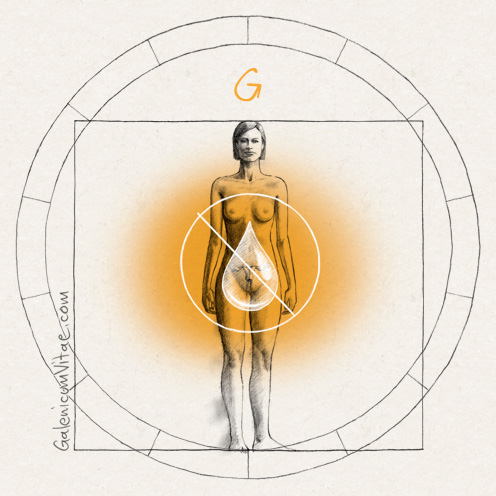Amenorrhea is the absence of menstruation and may be due to both physical and psychological factors. Amenorrhea may be classified as primary or secondary.
Primary amenorrhea occurs when the first menstruation (also called menarche) does not occur during puberty. Keep in mind that, although the first period occurs around the age of 12, it is considered normal if it appears at the age of 10 as well as if it is delayed until the age of 16. Amenorrhea is common in very thin or athletic teenagers.
Generally, these girls are underweight and their bodies have not experienced the normal increase in body fat associated with puberty, which drives the onset of menstruation.
Secondary amenorrhea occurs when a woman who has menstruated previously fails to menstruate for three months. The causes of secondary amenorrhea include:
- Pregnancy (the most common cause).
- Breastfeeding (lactation).
- Menopause, normal end of menstruation related to age.
- Disorders of ovulation.
- Emotional or physical stress or psychological disorders such as anorexia and bulimia.
- Fast weight loss or obesity.
Amenorrhea itself is a symptom. Any associated symptoms depend on the problem that causes the absence of menstrual periods. If you are sexually active, call your doctor if you do not have a period, as you will need to have a pregnancy test. If you are not sexually active, see your doctor if you don’t have three consecutive menstrual periods, or if your periods are irregular.
Rarely, the cause of amenorrhea is a condition that endangers life. In most cases, symptoms and conditions associated with this disease are reversible and treatable.
Menstruation is the monthly shedding of blood in women. Every month, the body prepares for pregnancy. If it does not occur, the uterus sheds its lining. The menstrual blood is partly blood and partly tissue from inside the uterus or womb. It leaves the body through the vagina. Periods usually start around the age of 12 and continue until menopause, at about the age of 51. Most periods last from three to five days.
You should consult a health professional if:
- You have not started menstruating by the age of 16.
- Your periods suddenly stop.
- You bleed excessively or for more days than usual.
- You suddenly feel sick after using tampons.
- You bleed between periods.
- You have severe pain during menstruation.
Premenstrual syndrome (PMS) is a group of symptoms that occur before menstruation begins. These can include emotional symptoms.
For more information visit:
Amenorrhea Fact Sheet
http://www.hhs.gov/opa/reproductive-health/general-reproductive-health/amenorrhea/index.html
American College of Obstetricians and Gynecologists (ACOG) FAQ–Menstruation
http://www.acog.org/~/media/For%20Patients/faq049.pdf?dmc=1&ts=20120406T1724506389

 Digestive
Digestive  Blood
Blood Cardiovascular
Cardiovascular Dermatology
Dermatology Genitourinary,
Genitourinary, Hormones
Hormones Infections
Infections Oncology and
Oncology and Musculo-skeletal
Musculo-skeletal Mental health and
Mental health and Parasites
Parasites Respiratory
Respiratory Senses
Senses Various
Various




